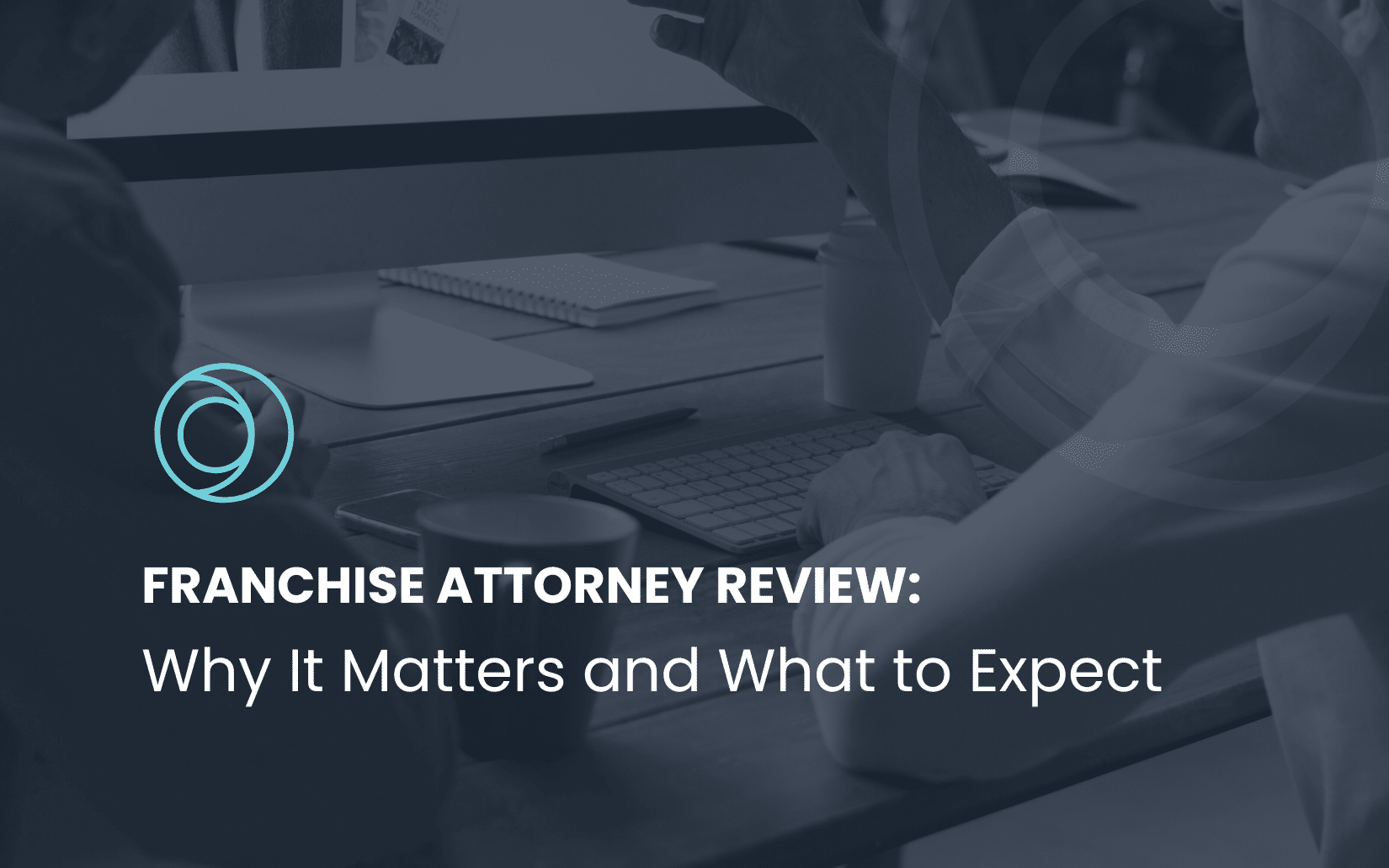
When diving into the world of franchising—whether you’re a first-timer or an experienced business owner—having a franchise attorney review your documents can be a game-changer. From dissecting the Franchise Disclosure Document (FDD) to explaining the nuances of the franchise agreement, a specialized attorney can help you avoid pitfalls and negotiate more favorable terms. In this article, we’ll explore why you should consider an attorney’s review, what you can expect from the process, and how to pick the right legal professional.
Why Involve a Franchise Attorney?
1. Legal Expertise in Franchising
While a general business attorney might be knowledgeable about contracts, franchise law is highly specialized. A franchise attorney understands the complex web of federal and state regulations, such as Federal Trade Commission (FTC) rules and specific registration requirements in certain states.
2. Clarity on Key Terms
Franchise documents often span dozens—if not hundreds—of pages, filled with legal jargon. An attorney can spot inconsistencies, vague language, or one-sided provisions that could impact you financially or limit your operational freedom.
3. Protection of Your Interests
Franchisors typically draft franchise agreements to protect their brand and minimize their risks. A legal professional helps balance the scales, ensuring you’re not committing to unreasonable obligations or hidden fees.
4. Negotiation Power
Contrary to popular belief, many franchisors are open to discussing certain contract terms. Having a skilled attorney in your corner can improve your leverage, potentially leading to lower fees, better territory rights, or more flexible renewal conditions.
5. Peace of Mind
Investing in any business carries risk. Hiring an attorney won’t eliminate all uncertainties, but it provides an added layer of security, reducing the likelihood of legal or financial surprises down the road.
What the Review Process Looks Like
1. Initial Consultation
You’ll start by discussing your business goals and sharing any franchise documents you’ve received, including the FDD and draft franchise agreement. The attorney will outline the scope of their review and any fees involved.
2. Document Examination
The attorney conducts a thorough review, focusing on items such as:
-
- Franchise fees and ongoing royalties
- Territory rights and restrictions
- Training, support, and marketing obligations
- Renewal, transfer, and termination clauses
- Litigation history and financial performance representations (Item 19)
They’ll note any red flags, ambiguous language, or provisions that don’t align with industry norms.
3. Findings & Recommendations
After examining the documents, your attorney will present their findings—often in a written summary—and explain potential issues. They may also suggest changes or additional questions to bring up with the franchisor.
4. Negotiation
Depending on the franchisor’s flexibility, you might negotiate contract terms. Your attorney can guide these discussions or communicate on your behalf, especially if the franchise system is open to adjustments.
5. Final Decision
Once all parties agree (or if the franchisor is unwilling to alter certain clauses), you decide whether to move forward with the deal. You’ll now have a clearer sense of your rights, obligations, and potential risks.
Areas an Attorney Might Focus On
Territorial Protections
Does the agreement guarantee any exclusivity, or can another franchise location open nearby?
Fee Structure
How clearly are initial fees, royalties, marketing fees, and technology fees spelled out? Are there hidden costs?
Operational Guidelines
Are the franchisor’s operational requirements realistic and fair? Do they give you enough room to adapt to local markets?
Termination and Renewal Conditions
Under what circumstances can the franchisor terminate the agreement, and what are the renewal fees or processes?
Franchisor’s Obligations
How much training, ongoing support, and marketing assistance can you expect? Is it clearly detailed?
Litigation History
If the franchisor has a history of suing (or being sued by) franchisees, your attorney will interpret the potential risks.
Choosing the Right Franchise Attorney
Experience in Franchise Law
Seek a professional whose primary focus is franchising. They’ll be up to date on the latest regulations and industry standards.
Relevant Track Record
Ask if they’ve worked with clients in your particular industry or business size. Having sector-specific knowledge can be an advantage.
Client Feedback
Look for online reviews or request references. An attorney’s past clients can shed light on communication style and effectiveness.
Clear Fee Structure
Whether they charge a flat fee for document reviews or bill hourly, ensure you understand the costs upfront.
Willingness to Collaborate
A good attorney acts as an advisor and advocate. They should be open to explaining complex legalese in plain language and working closely with you to refine negotiations.
Tips for Making the Most of Your Attorney Review
Provide All Relevant Documents
Don’t hold back. Ensure your attorney has the entire Franchise Disclosure Document, any relevant financial statements, and any supporting materials provided by the franchisor.
Ask Questions
If something in the contract or your attorney’s analysis doesn’t make sense, speak up. Your full understanding is paramount.
Set Clear Goals
Clarify which areas are most important to you—maybe it’s upfront costs, brand flexibility, or exclusive territory. This helps your attorney focus on the provisions that truly matter.
Stay Proactive
The review process is time-sensitive. Delays in your feedback can reduce your window for negotiation.
Keep Communication Professional
If you decide to negotiate, remember you and the franchisor are aiming for a long-term partnership. Approach discussions calmly and logically.
Conclusion & Call to Action
A franchise attorney review is an investment in your future success. By thoroughly examining legal documents, highlighting red flags, and advising on negotiation strategies, an experienced attorney helps you enter a franchise agreement with eyes wide open. That peace of mind can make all the difference as you embark on this exciting new chapter of business ownership.
Need guidance navigating the legal side of franchising? Feel free to choose a time to talk for personalized advice on finding and working with a reputable franchise attorney. With the right legal partner at your side, you’ll be better prepared to negotiate fair terms and move forward with confidence.

Recent Comments